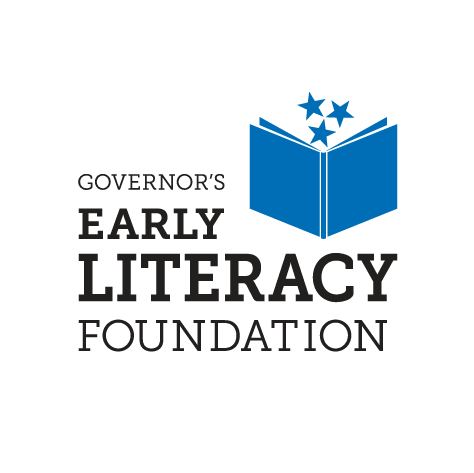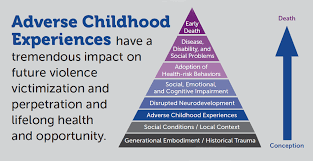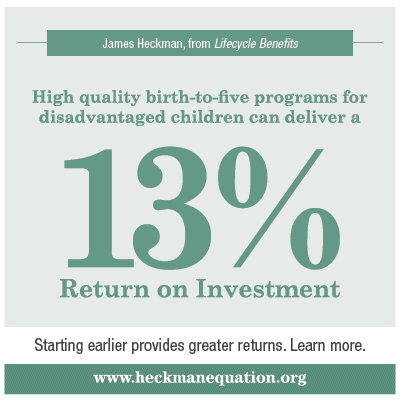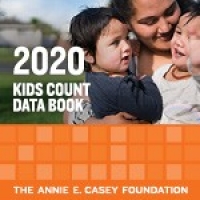Early Warning: Why Reading by the End of Third Grade Matters: Annie E. Casey Foundation In May 2010, the Annie E. Casey Foundation published a KIDS COUNT special report, Early Warning: Why Reading by the End of Third Grade Matters, to launch the national Campaign for...







